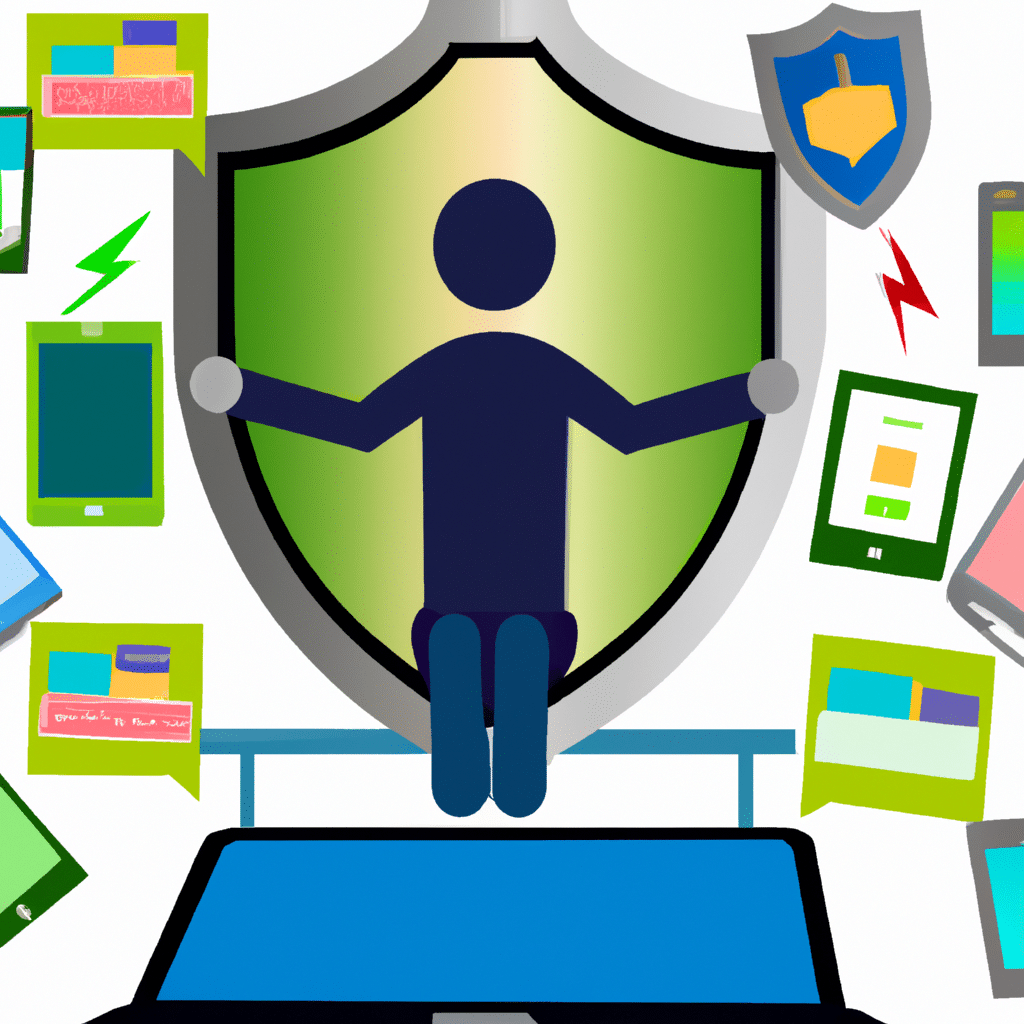In today’s digital age, online privacy and security are more important than ever. With cyber threats and data breaches on the rise, it’s crucial to take every precaution to protect your personal information and sensitive data. This is where Virtual Private Networks (VPNs) come in. In this article, we’ll discuss the benefits of using a VPN and how it can help you stay safe and secure online.

What is a VPN?
A VPN is a technology that allows you to create a secure, encrypted connection to another network over the internet. When you connect to a VPN, your internet traffic is routed through an encrypted tunnel, which means that your online activities are completely private and anonymous. This is because the VPN hides your IP address and encrypts your data, making it impossible for anyone to see what you’re doing online.
Benefits of Using a VPN
1. Enhanced Online Security
One of the primary benefits of using a VPN is enhanced online security. When you connect to a VPN, your data is encrypted, which means that even if someone intercepts it, they won’t be able to read it. This is especially important if you’re using public Wi-Fi, as these networks are often unsecured and can be easily hacked.
2. Privacy and Anonymity
Another benefit of using a VPN is privacy and anonymity. When you connect to a VPN, your IP address is hidden, and your online activities are completely anonymous. This means that your internet service provider (ISP), government, or anyone else won’t be able to track your online activities.
3. Access to Geo-Restricted Content
Many websites and streaming services are geo-restricted, which means that they can only be accessed from certain countries. However, with a VPN, you can bypass these restrictions and access content from anywhere in the world. This is because the VPN allows you to connect to a server in a different country, which makes it appear as though you’re located in that country.
4. Improved Performance and Speed
Some ISPs throttle internet speeds for certain types of traffic, such as streaming video or downloading large files. However, with a VPN, your internet traffic is encrypted, which means that your ISP won’t be able to see what you’re doing online. This can help improve your internet speed and performance.
5. Protection from Hackers and Malware
Finally, using a VPN can help protect you from hackers and malware. When you connect to a VPN, your data is encrypted, which means that even if someone manages to intercept your data, they won’t be able to read it. This can help protect you from cyber threats such as phishing scams, ransomware, and other types of malware.
Conclusion
In conclusion, using a VPN is an excellent way to enhance your online security and privacy. By encrypting your data and hiding your IP address, you can browse the internet anonymously and protect your sensitive data from cyber threats. Additionally, using a VPN can help you access geo-restricted content, improve your internet speed and performance, and protect you from hackers and malware. If you’re looking for a way to stay safe and secure online, using a VPN is definitely worth considering.












